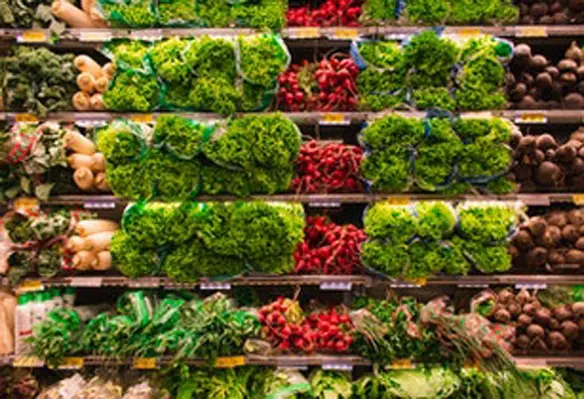The COVID-19 food crisis is closely linked to economic, social, gender and environmental injustices of free-market neoliberalism, says a report launched by the largest international space of grassroots organisations and indigenous peoples working to eradicate food insecurity and malnutrition
The crisis will not be fixed by emergency measures or stimulus packages that perpetuate the same model but only by a human rights-compliant radical transformation of food systems.
Between 83 and 180 million more people could be pushed into hunger because of the pandemic, raising the overall number of food-insecure people to over two billion. Bold actions are required to reverse this trend. Promoting food as a commodity is no longer an option, given the catastrophic impact of industrial agriculture and livestock on people and ecosystems. Food sovereignty is the only solution to this crisis. It guarantees the right to healthy and culturally appropriate food produced through ecologically sound and sustainable methods, and the right of people to define their food and agriculture systems.
The report shows that the most effective initiatives to address the COVID-19 food crises have come from community efforts - to prevent contagion, protect workers (especially migrants), ensure food and economic security, halt evictions and land grabbing. Despite official recognition that 70 – 80% of the world is fed by small-scale food producers and local food systems, most COVID-19 policies, financial support and economic stimulus packages continue to favour the corporate agro-industrial complex and global supply chains.
Small-scale food producers, workers, indigenous peoples, the urban food insecure and landless peoples, particularly women, are among the worst affected by the pandemic. Their health, livelihoods, safety and secure access to resources are least protected from against poverty, discrimination and violence. In addition, the report exposes how ecosystem destruction caused by industrial food chains is closely linked to the rise of pathogens such as COVID-19.
Rather than promoting intensive, export-oriented agriculture that perpetuates inequality, human rights abuses and the climate crisis, the report urges States to encourage agroecology, which offers healthy and nutritious food, while also preserving the environment. The COVID-19 pandemic presents a once-in-a-lifetime opportunity to accelerate the agroecological transition and reverse decades of neoliberal policies that have exacerbated inequalities and led to official neglect of the public realm integral to building robust health and welfare, and sustainable food systems.
In addition, it is high time for development priorities to be redefined in accordance with gender justice and the demands of the youth as the future guardians of food systems, the report states. Public action must prioritise the future health of people and planet, end structural discrimination, and redistribute the social reproductive and care work carried out predominantly by women.




